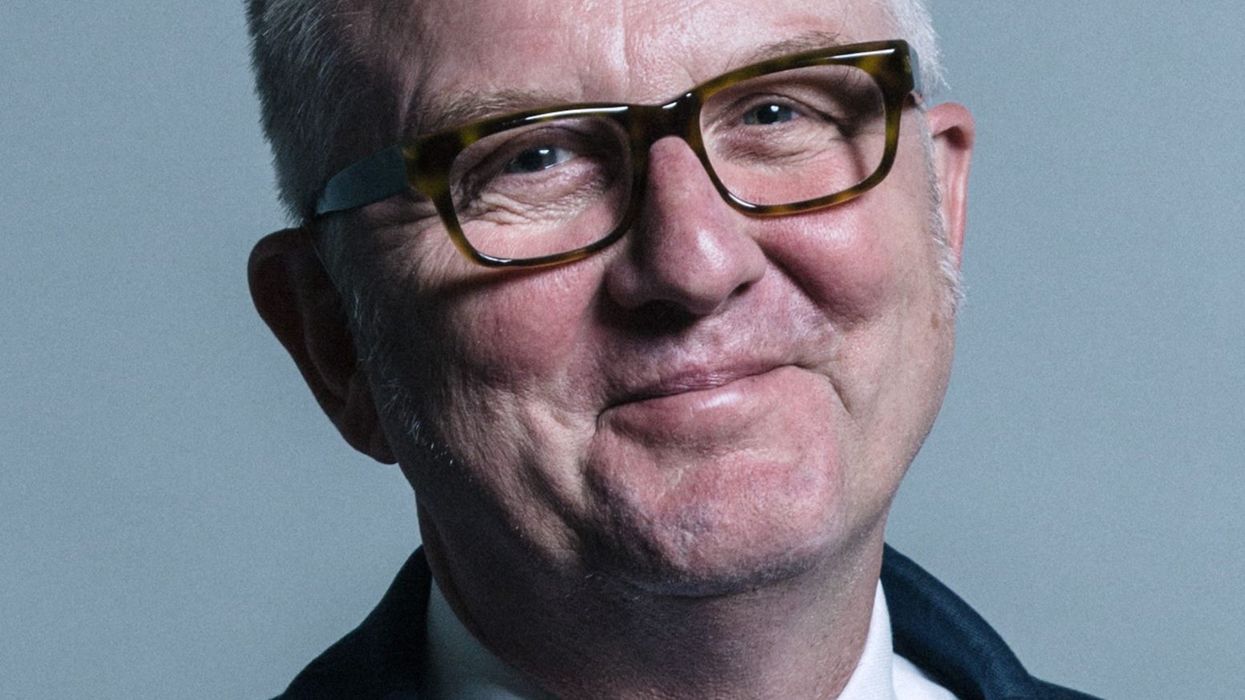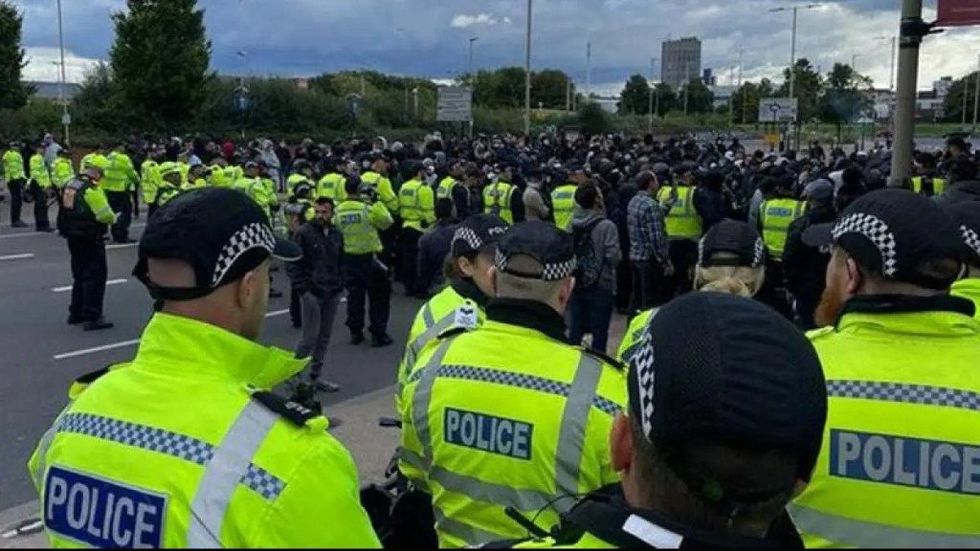THE lead of an independent review investigating into clashes in Leicester last year has refuted suggestions that the authorities overlooked decades of deepening divides in the city.
Dozens of people were arrested after community tensions erupted in August and September 2022 and led incidents of vandalism and attacks on places of worship and other properties in Leicester, bringing to the fore divisions in the city and beyond.
Lord Ian Austin, who was appointed by the levelling up and communities secretary Michael Gove to lead the independent review, told Eastern Eye he was ‘surprised’ by the troubles in Leicester.
“Leicester’s got a proud history of diversity, tolerance and communication. I have visited Leicester on quite a few occasions; I’ve also worked in Leicester for a few months. What struck me is its diversity, it’s strength of community relations,” he said.
“Leicester is an amazing city. People from all over the world have contributed to work together from all sorts of different places and backgrounds to contribute to its success. And that’s why I was so surprised to see what happened last year.”
The panel will consist of Dr Samir Shah CBE, a former commissioner for the Commission on Race and Ethnic Disparities; Hilary Pilkington, professor of sociology at the University of Manchester and Dr Shaaz Mahboob, head of digital development NHS England. The panel will aim to establish the facts of what happened during the period of unrest, analyse it, share recommendations to prevent it happening again and suggest ways to strengthen cohesion locally.
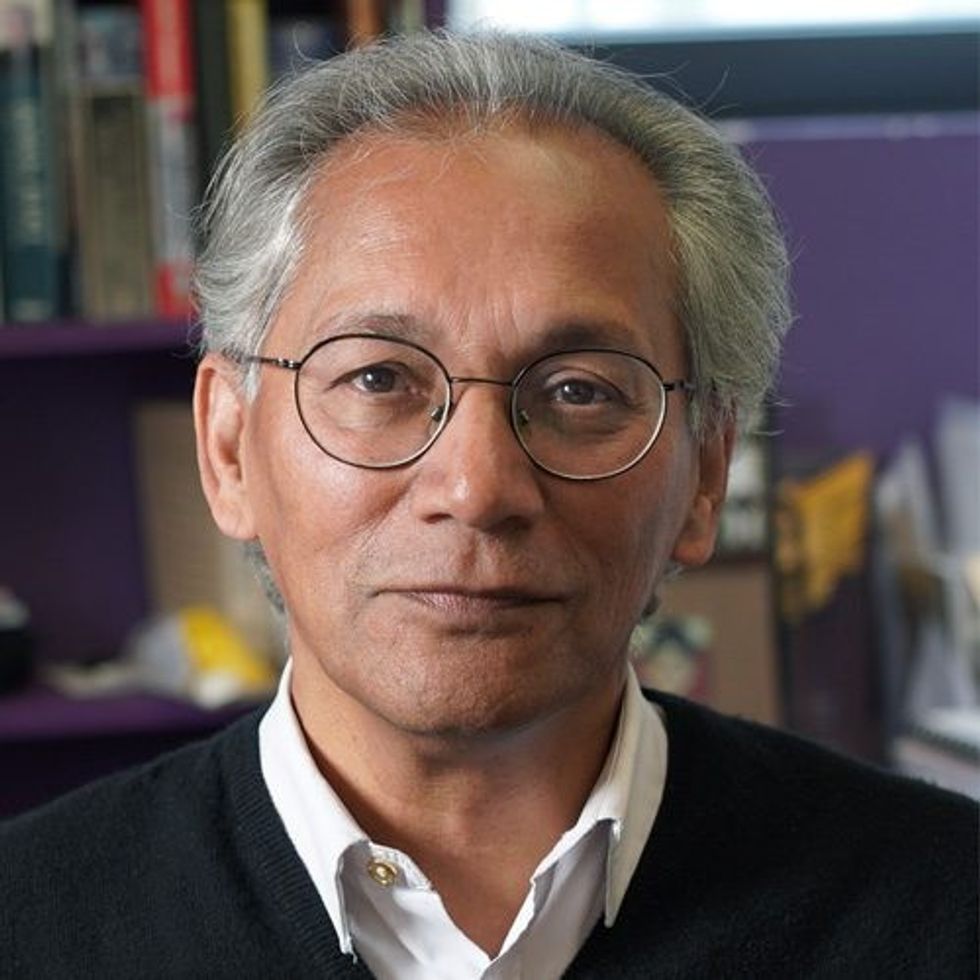
Lord Austin said, “We’re coming into this with a completely open mind, no preconceptions, no preconceived ideas. “We’ve got a really great panel. It’s diverse, it’s independent from the government, independent from the council. It brings together people with real expertise who have spent decades working on these sorts of issues.” Lord Austin said he was keen to put local people at the forefront of the independent inquiry. “We want to listen to people in Leicester to understand last year’s events, what can be learned from them and how
communities in the city can work together to prevent problems in future,” he added.
“If people want their views taken into account, come and talk to me or invite me to come and listen to you. The key thing is that local people are in the lead of this.”
Dilwar Hussain, founder and chair of New Horizons in British Islam, a charity that works on Muslim identity, integration and reform, told Eastern Eye in July that his organisation had worked with Leicester Council for 15 years and warned them of ‘cracks in social cohesion’ and told them to get on top of the issues.
Asked if he would be willing to speak to some of the people who instigated or took part in the violence and listen to the reasons for their actions, Lord Austin admitted that would be “difficult”.
“We want to talk to people in different communities. We’re not just coming here to talk to the council, to the police or these sorts of institutions,” he said. “We’re coming to listen to local people, but if people were involved in criminality, then I think that might be difficult.”
This is the second attempt at understanding the circumstances that led to the unrest in Leicester.
In November last year, Leicester City Mayor, Sir Peter Soulsby, announced an inquiry that would be led by Dr Chris Allen, an associate professor of hate crimes at the University of Leicester (UoL), working alongside a team of researchers and an advisory panel.
Allen, however, stepped down after his appointment was criticised by local councillors and a number of local Hindu organisations who claimed his previous research on Muslim communities and Islamophobia might not make him an impartial voice.
Lord Austin has faced similar accusations of potentially lacking impartiality.
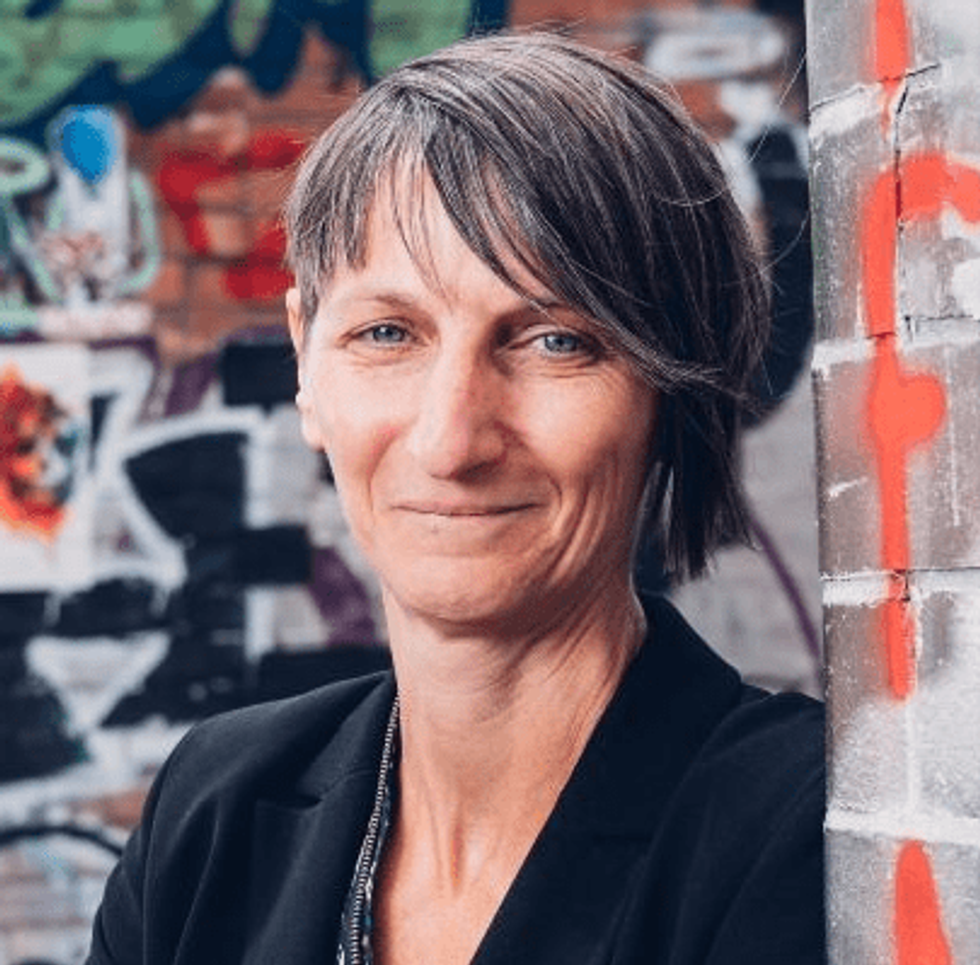
He has been accused of Islamophobia from The Muslim Council of Britain (MCB) who referenced his 2021 tweet showing a fake new flavour for Ben and Jerry’s ice cream for people in Gaza, named “Hamas Terror Misu” after the company announced that it would stop selling its products in Israeli settlements in the occupied Palestinian territories.
The MCB said in a statement that Lord Austin’s appointment had created “deep apprehension among Muslims and other communities in Leicester”.
Lord Austin was the Labour MP for Dudley North from 2005 until 2019, sitting as an independent for his last nine months as MP after resigning from the party due to what he claimed was a “culture of extremism, anti-semitism and intolerance”.
“I’ve spent my entire life working against racism, prejudice and extremism,” he said.
“I spent my entire time in politics, and before that, trying to bring people together, build stronger and more united communities. I understand that we’ve got to come to Leicester, we’ve got to earn people’s confidence and trust and that’s what we’re going to do. We’re going to listen to everybody, and we’re going to try and make some of the recommendations for the future. I’m sure there’ll be things we learn that can be applied to other communities.”
The panel is expected to publish the findings of the review next year.
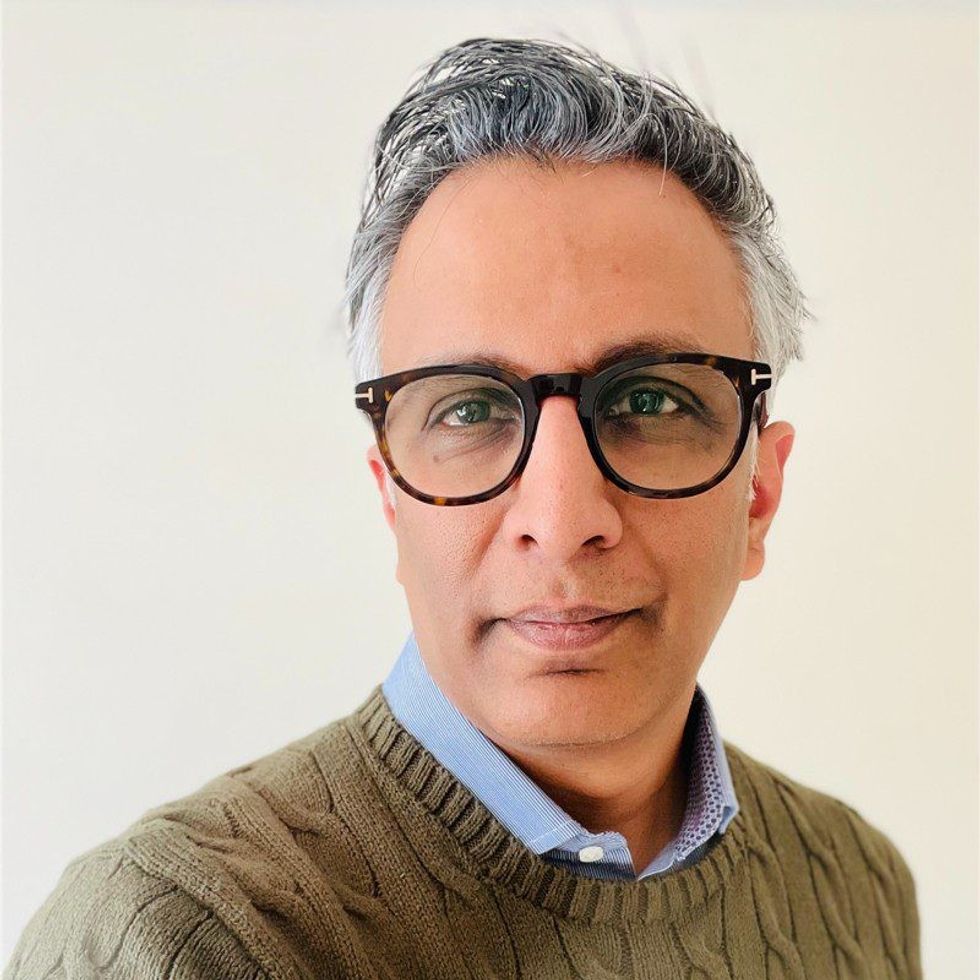
A second, separately-run inquiry into the unrest is being hosted by the School of Oriental and African Studies (SOAS) at the University of London.
Leicester Mayor Sir Soulsby claimed that neither of the two inquiries will be seen as being “truly impartial”. “I myself would not pretend to have the impartiality of a judge or lawyer. The only worry I have is neither of the two approaches will be seen as being truly impartial. I hope they can demonstrate they are taking the right measures and an impartial view and that we can learn something from them,” he said.
